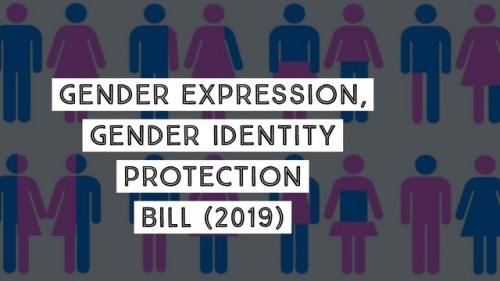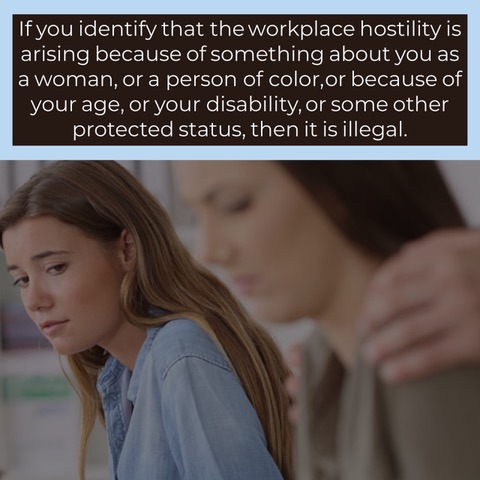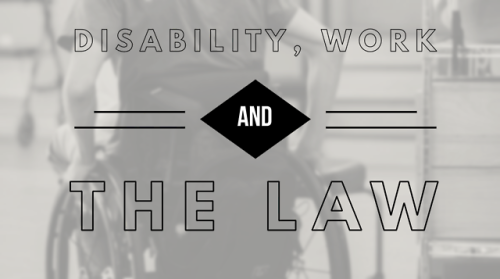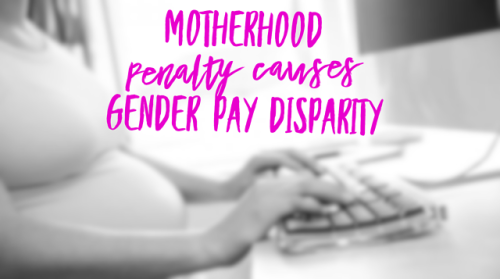#jack tuckner
By Jack Tuckner, Esq.
Every year, sexual assault in the workplace affects many female New York city employees. According to the National Center for biotechnology information, as many as 58% of female employees experience sexual harassment or sexual assault in the workplace. Sexual assault is a crime in New York City, and law enforcement are responsible for investigating sexual assault crimes.
Prosecutors can bring criminal charges against the assailant. Sadly, many victims never receive justice as their assailants are not charged, not convicted, or engage in a plea deal for a less severe sentence than they deserve. What should a victim do who has been assaulted in her place of employment? Victims of sexual assault in the workplace have several options for obtaining compensation for their injuries. If you or your loved one has experienced sexual assault in the workplace, there are legal steps you can take to seek justice and protect yourself.
Contact the Police
Discussing your sexual assault with law enforcement offers can be extremely difficult. Victims of sexual assault often feel isolated and embarrassed after the assault takes place. You may be understandably worried about your co-workers finding out about the sexual assault. Sexual assault is a crime in New York, no matter where the assault happens. Survivors of sexual assault in the workplace should report the incident to law enforcement as soon as possible. If your assailant is dangerous and your safety is in jeopardy, law enforcement will work with you to ensure that you are safe. They will begin an investigation that will hopefully lead to your assailant being convicted for the sexual assault.
Please read the complete article at Women’s Rights NY Blog.
Despite making numerous gains in the last 30 years, women still face significant challenges in the workplace. At Tuckner, Sipser, Weinstock & Sipser, LLP, we believe that all women should have equal access to employment. Women should also be able to work free from gender discrimination.
At our law firm, we focus on representing women who have suffered injuries due to illegal discrimination in the workplace. Many of our cases focus on enforcing the following laws, which were enacted to protect women in the workplace. If you have faced discrimination in the workplace, our law firm can help. Contact us today to schedule your free initial consultation. Find out more about the eight laws that protect women in the workplace here -
https://womensrightsny.com/eight-laws-protect-women-workplace/

In a far-reaching and landmark 6-to-3 ruling which coincides with the Pride Month, the US Supreme Court has ruled that federal sex discrimination protections extend to gay and transgender workers, making it clear that employees cannot be fired under federal law simply because of their gender identity or sexual orientation. Read more - https://womensrightsny.com/supreme-court-judgment-gay-trans-workers/
Newly passed Gender Expression, Gender Identity Protection Bill will amend the New York State’s Human Rights Law to protect all binary gender, nonconforming employees, and transgender employees from discriminatory treatment. And the law also amends the New York penal law to protect gender identity and expression in the list of statuses that are protected under the New York’s hate crime laws.
More here - https://womensrightsny.com/gender-expression-gender-identity-protection-bill/
Post link
How to protect yourself from Hostile Work Environment?
https://womensrightsny.com/hostile-work-environment-protect/
Post link
By Jack Tuckner, Esq.
Here’s all you need to know about your disability - whether temporary, or permanent - and your job, and work, and your employment, what are your rights?
To misappropriate Dr. Martin Luther King’s prior statement, “The arc of the disability universe is long, but it bends towards justice.” Over the last 20-some odd years, since the Americans Disabilities Act was enacted in 1991, the definition of disability has become way more expansive under federal law. And then every analogue state or city law that has been legislated and enacted since then, tends to define disability more progressively. It’s no longer necessary that you have a certain established, bona fide disability that affects a major life activity in some negative way. It can be now essentially anything that’s diagnosed by a healthcare provider that is some kind of impairment, or condition, or established challenge to some part of your body, that is an ailment of some sort. And even these days, pregnancy, pregnancy-related challenges are also covered under the various statutes that now define disability way more broadly.
So, your employer must engage in an interactive process with you, a cooperative dialogue at the very least, to determine the balance between your needs - the needs of the one, versus the needs of the many - your company. Unless it’s an undue hardship on the company to work with you, to give you a week, a month, three months, four months off to recover, or, to give you a different schedule, or to help you orthopedically in some way, so that you can perform the essential functions of your job even though it is “special treatment,” they must do that. They must do that. Now there are certain limitations, that your employer must have 15 employees under federal law to be covered. Most state laws require far less employees, such as in New York where just 4 are required for coverage under the anti-discrimination statutes.
So whatever the challenge you’re facing, whether it is something related to pregnancy, or you have influenza, or a more serious issue and you need your employer to work with you, be flexible, compassionate, reasonably accommodate you - make sure that you’re documenting all of this, putting it in writing, so you’ll have a paper trail, because your employer can’t just be dismissive and cavalier and say, “Sorry, it’s too much of a pain in the butt for us, we’re not dealing with you anymore.” That would be illegal disability discrimination; now totally separate issue from whether you get paid for the time off, totally separate. Is there short-term disability insurance involved, is there a state or city law that requires a certain amount of earned, paid sick time that you might have in the bank, can you use your own accrued vacation time or other paid time off, substitute it in and get paid - that’s also sort of a separate issue because maybe you don’t have time, and maybe you won’t be paid by your job if you’re out sick for certain period of time.
But that doesn’t mean they can fire you. That’s the distinction. You may not get paid but you can’t be fired for your disability unless your employer can demonstrate that your challenges are an undue hardship on the business, and that they therefore have gone well above and beyond what they need to do and sorry, goodbye, you’re fired.
I hope that clarifies the disability discrimination statutes and your employment. If you have particular questions about your workplace challenges, or a loved ones’ workplace issues, feel free to call me, I’m Jack Tuckner, and we will consult, in total confidence, of course, to see about empowering you through your workplace challenges.
And remember, whatever else you do, don’t quit, don’t quit your job, and then contact a lawyer. Find out first what your rights are before you give up on the job, or on yourself.
Post link
What is Motherhood Penalty, and how does it contribute to gender pay gap?
If your company doesn’t correct what they are doing that is discriminatory toward you as a result of your pregnancy, which is inseparable from who you are as a woman obviously, you wanna be in a position where they would have to make you happy in the separation. If you have to get a divorce from your company, you want to be able to leave with your head held high, and your shoulders squared. And if you need assistance, with your particular sex-based workplace challenge, particularly, as it relates to pregnancy, give us a call at Women’s Rights at the Workplace.
Post link
https://womensrightsny.com/revised-sexual-harassment-law-new-york/
Even if there is only one employee, one 1099 employee and that’s you, and you are being sexually harassed, you can fight back. Also under the same new revised law, effective July 2018, mandatory arbitration will no longer be mandatory for sexual harassment claims in New York.
Post link






